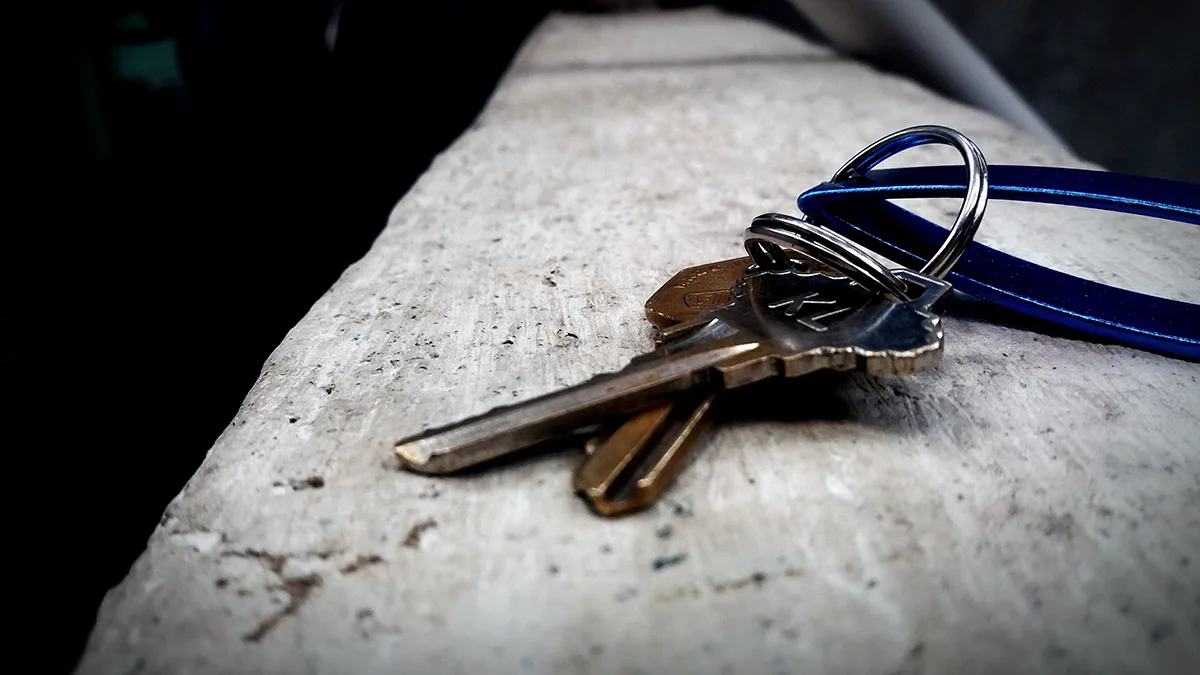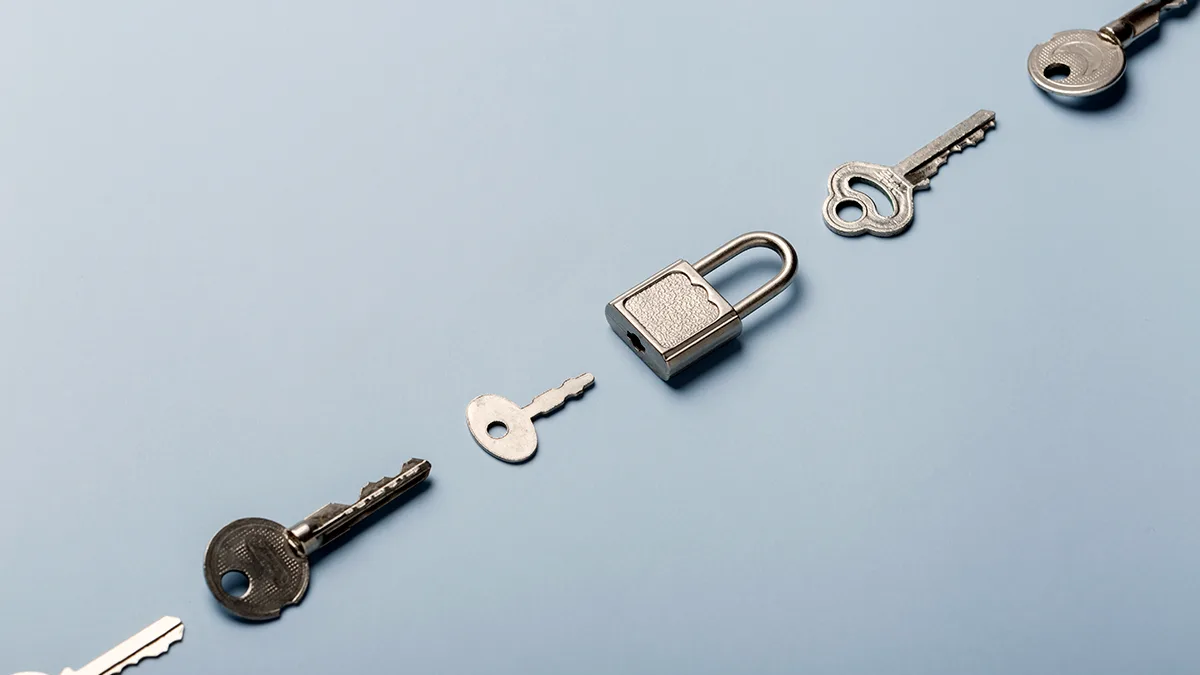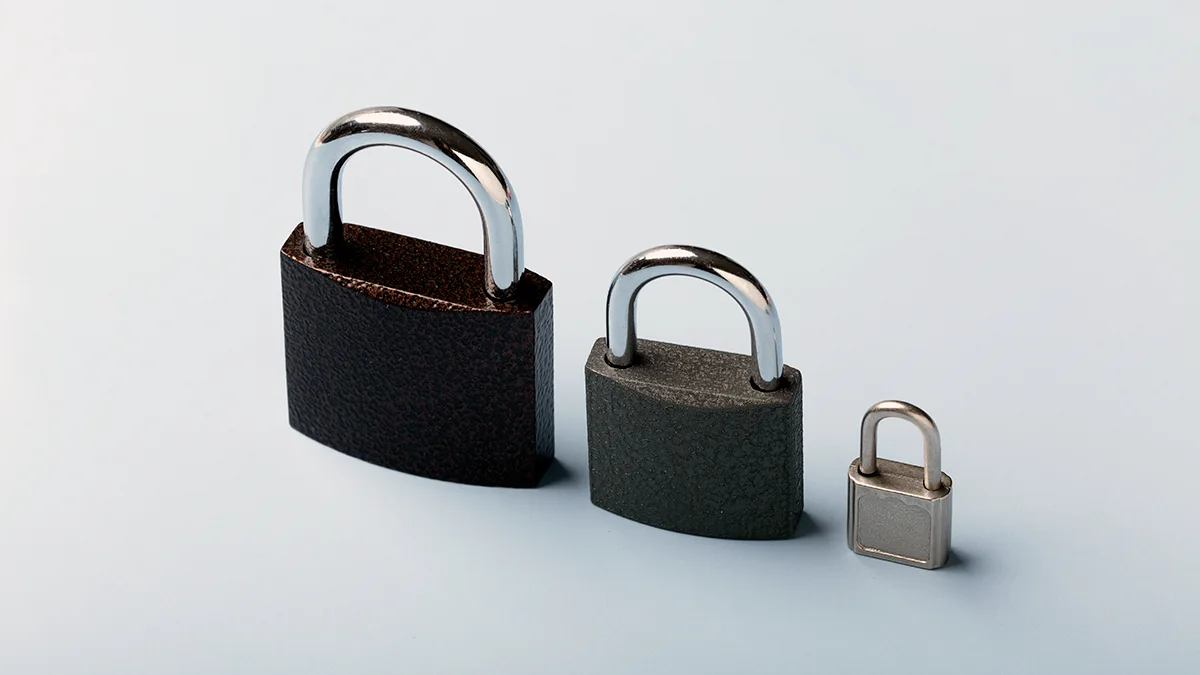5 Ways a Locksmith Can Improve Your Home Security Today. In an increasingly uncertain world, ensuring…
Understanding British Standard Locks: A Guide for Homeowners
Understanding British Standard Locks: A Guide for Homeowners. As a homeowner in London, ensuring the security of your property is of paramount importance.
One of the most effective ways to safeguard your home is by investing in high-quality locks.
This article aims to provide a comprehensive understanding of British Standard locks, their significance, and how they can enhance your home security.
We will also explore the role of locksmiths in this context and look ahead to developments in the industry by 2025.
What Are British Standard Locks?
British Standard locks are locks that have been tested and certified to meet specific security standards set by the British Standards Institution (BSI).
The most commonly recognised standard for locks in the UK is BS 3621, which applies to single-point locking systems.
These locks are designed to provide a high level of security against unauthorised access, making them a popular choice for homeowners, particularly in urban areas like London.
Why Are British Standard Locks Important?
- Enhanced Security:
- British Standard locks undergo rigorous testing to ensure they can withstand various forms of attack, such as picking, drilling, and snapping.
- This makes them significantly more secure than non-standard locks.
- Insurance Compliance:
- Many insurance companies require homeowners to fit British Standard locks to their doors as part of their policy conditions.
- Failing to comply could result in a claim being denied in the event of a burglary.
- Peace of Mind:
- Knowing that your home is equipped with locks that meet stringent safety standards can provide homeowners with peace of mind, allowing them to feel more secure in their living environment.
Types of British Standard Locks
There are several types of British Standard locks available, each suited for different applications. Here are the most common types:
1. Deadlocks
Deadlocks are one of the most secure types of locks and are commonly used on external doors.
They operate with a key and feature a bolt that extends into the door frame when locked, making it extremely difficult for intruders to force the door open.
2. Sash Locks
Sash locks combine a deadbolt and a latch mechanism, allowing for both key and handle operation.
They are often used on wooden doors and are ideal for providing security while maintaining ease of use.
3. Night Latches
Night latches are commonly used on residential doors and operate with a key from the outside and a thumb turn from the inside.
While they provide convenience, it is advisable to use them in conjunction with a deadlock for enhanced security.
4. Euro Cylinder Locks
These locks are commonly used in uPVC and composite doors.
British Standard Euro cylinders offer a high level of security and are available in various sizes to fit different door types.
Choosing the Right British Standard Lock
When selecting a British Standard lock for your home, consider the following factors:
- Door Type:
- The type of door you have will influence the kind of lock you should choose.
- For instance, a deadlock is ideal for a solid wooden door, while a Euro cylinder lock is more suitable for uPVC doors.
- Security Level:
- Assess the level of security you require based on your location and the value of your possessions.
- Areas with higher crime rates may necessitate more robust locking mechanisms.
- Insurance Requirements:
- Check your home insurance policy to ensure you meet the necessary locking standards.
- This may influence your choice of lock.
- Professional Installation:
- It is essential to have your locks installed by a qualified locksmith to ensure they function correctly and provide the intended level of security.
The Role of Locksmiths
Locksmiths play a crucial role in the installation, maintenance, and repair of British Standard locks. Here’s how they can assist homeowners:
1. Expert Advice
Locksmiths can provide valuable insights into the best locks for your specific needs, taking into account your property type, security concerns, and budget.
2. Professional Installation
A professional locksmith ensures that your locks are installed correctly, maximising their effectiveness.
Poor installation can lead to vulnerabilities, making your home more susceptible to break-ins.
3. Maintenance and Repairs
Regular maintenance of your locks is essential to ensure they remain in good working order.
A locksmith can perform routine checks and repairs as needed, helping to prolong the life of your locks.
4. Emergency Services
In the unfortunate event of a lockout or burglary, locksmiths offer emergency services to help you regain access to your home or secure your property after a break-in.
Future Trends in Lock Technology: Looking Towards 2025
As we look towards 2025, several trends are emerging in the field of lock technology that homeowners should be aware of:
1. Smart Locks
Smart locks are becoming increasingly popular, offering features such as remote access, keypad entry, and integration with home automation systems.
These locks provide convenience and enhanced security, allowing homeowners to monitor and control access to their property from their smartphones.
2. Biometric Locks
Biometric locks, which use fingerprint recognition or facial recognition technology, are gaining traction as a secure alternative to traditional locking mechanisms.
These locks eliminate the need for keys and offer a high level of security.
3. Increased Focus on Cybersecurity
As smart locks become more prevalent, the importance of cybersecurity will grow.
Homeowners will need to ensure that their smart locks are secure against hacking attempts.
This may involve regular software updates and choosing locks from reputable manufacturers.
4. Eco-Friendly Lock Options
With increasing awareness of environmental issues, there is a growing demand for eco-friendly locking solutions.
Manufacturers are likely to develop locks made from sustainable materials and designed to minimise energy consumption.
Understanding British Standard locks is essential for homeowners in London who wish to enhance their property’s security.
By investing in high-quality locks that meet rigorous safety standards, homeowners can protect their homes, comply with insurance requirements, and enjoy peace of mind.
Engaging a professional locksmith for installation and maintenance is equally important to ensure the locks function effectively.
As we move closer to 2025, advancements in lock technology will continue to shape the security landscape.
Homeowners should stay informed about these developments to make educated decisions regarding their home security.
Whether opting for traditional British Standard locks or embracing the latest smart technology, prioritising security is a fundamental aspect of responsible homeownership.




Comments (0)